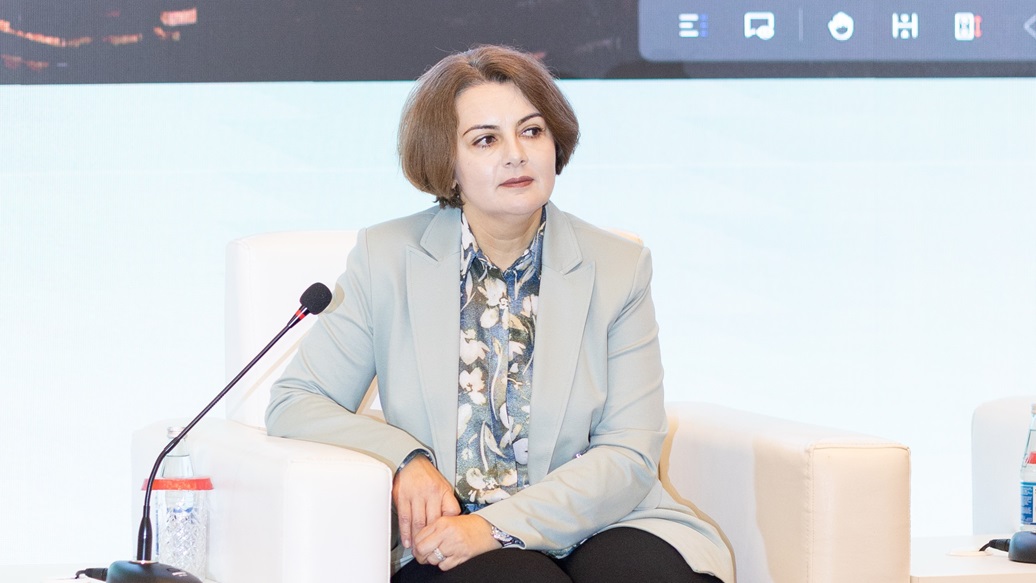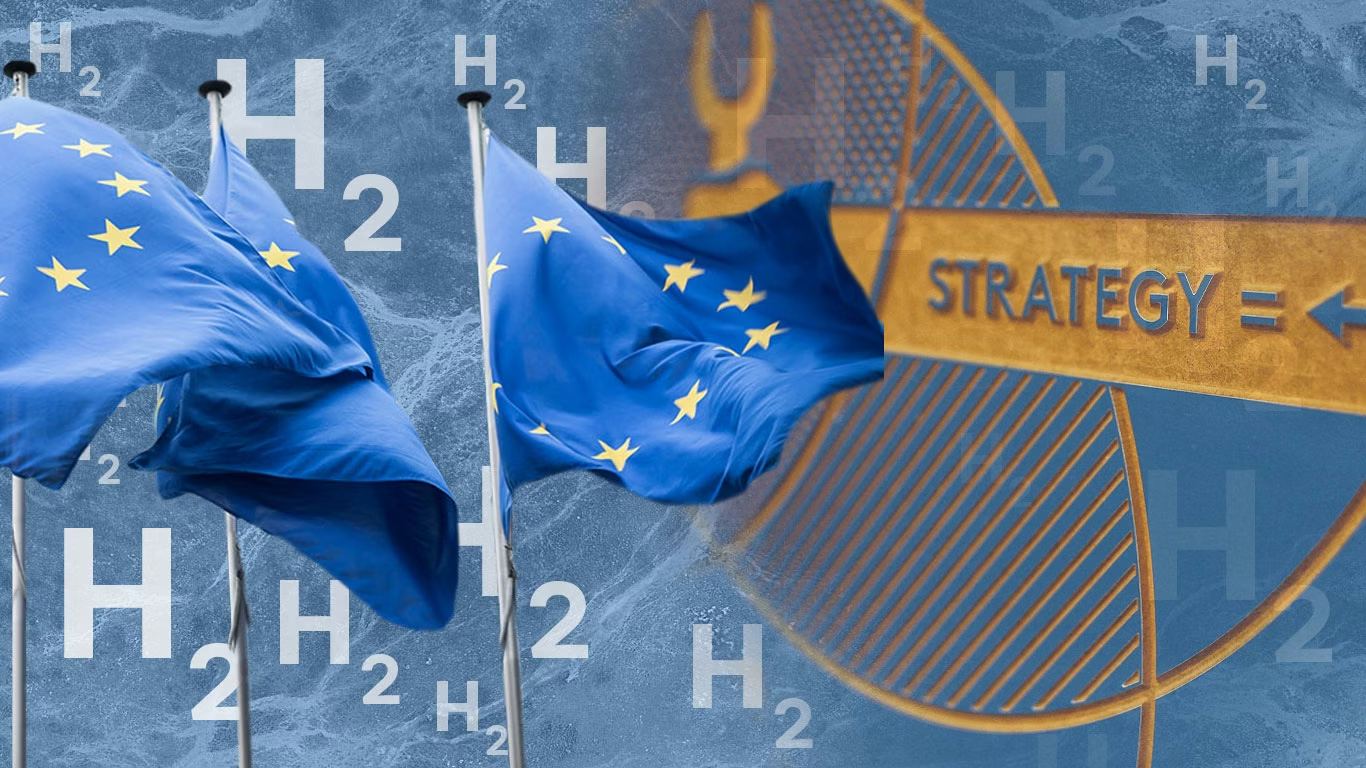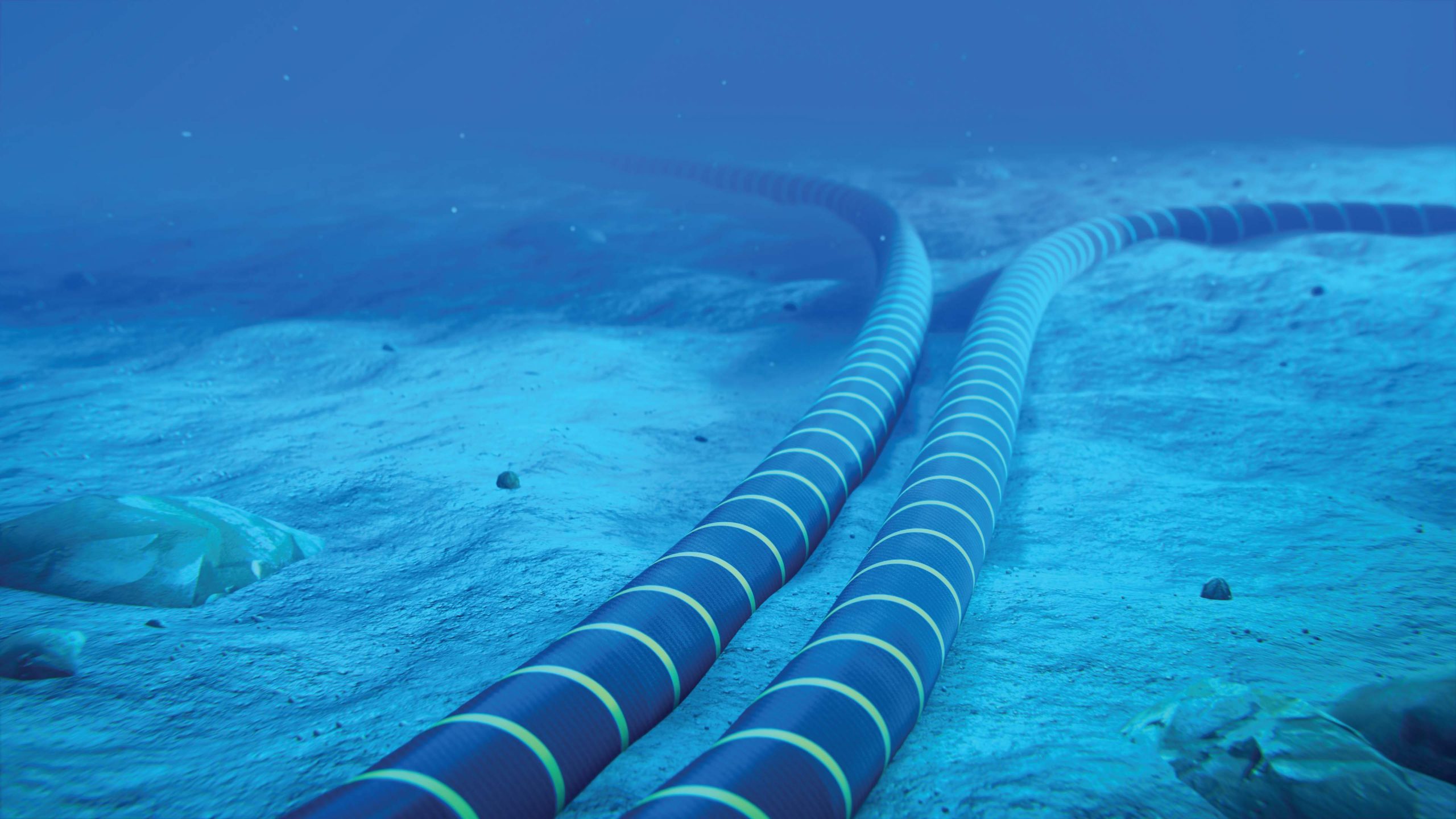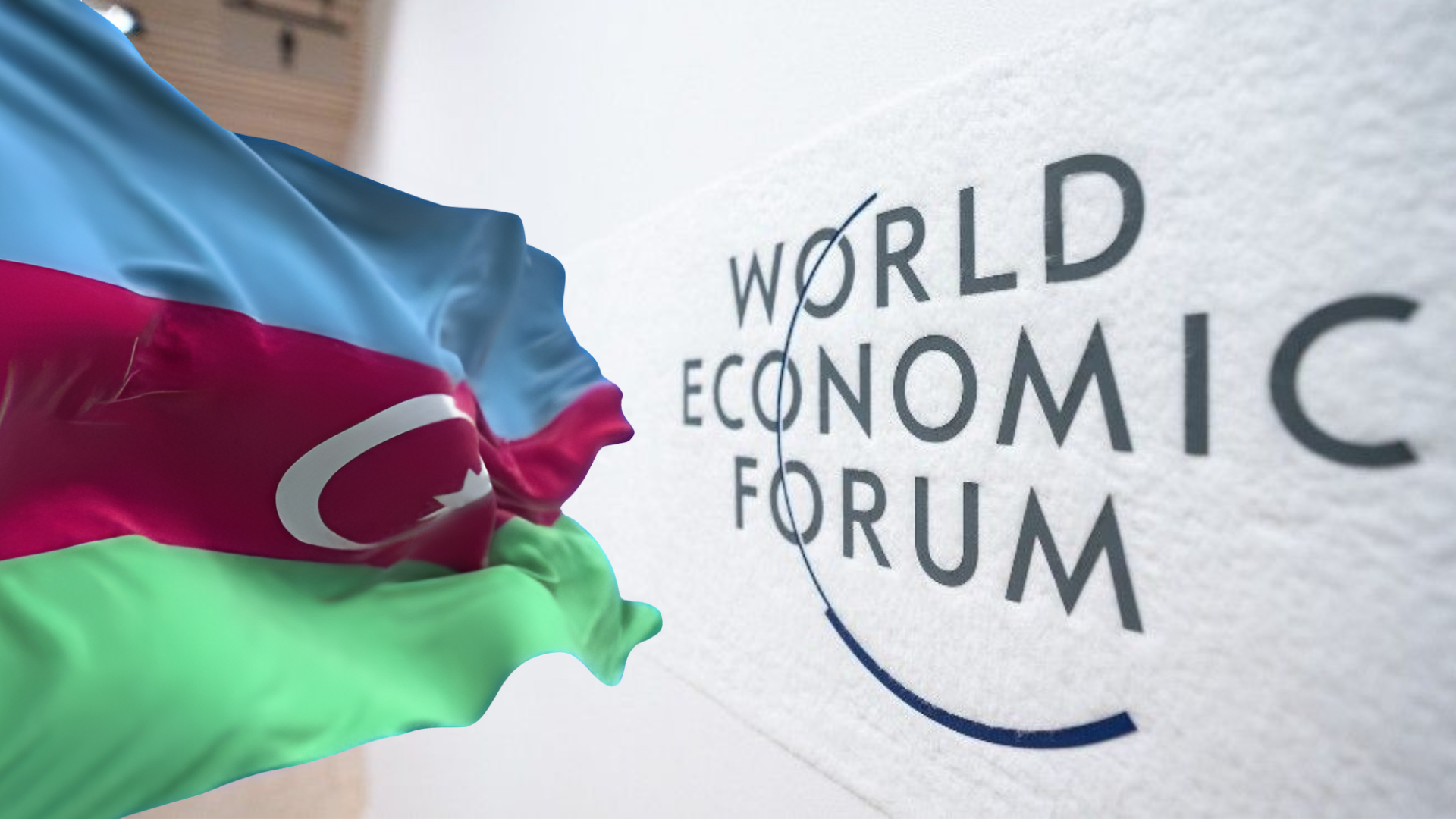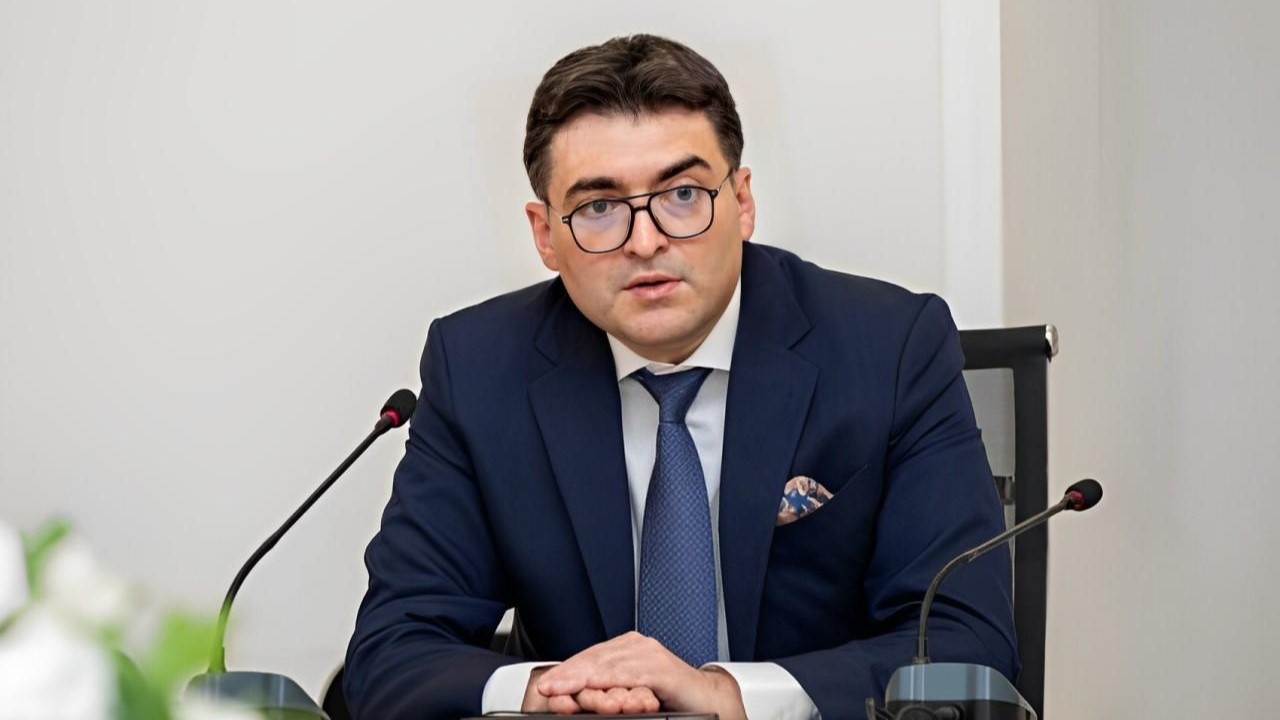Azerbaijan intends to hire a consultant within a month to implement its hydrogen strategy, Rana Humbatova, Deputy Director of the Azerbaijan Renewable Energy Agency (AREA), said at the Azerbaijan & Central Asia Green Energy Week 2025.
Humbatova noted that the idea of a hydrogen economy in Azerbaijan originated in early 2020.
"Then we received support from the European Bank for Reconstruction and Development, and we conducted a study on the hydrogen economy. This was a year-long study with a global consulting group, with very interesting results on the LCOE (levelized cost of energy). The LCOE for green hydrogen was estimated at approximately €3 per kilogram, which is quite competitive," she said.
According to the deputy director, the study also showed that blue hydrogen would be slightly cheaper than green hydrogen, but at that time, Europe did not have a regulatory framework for blue hydrogen.
She added that Azerbaijan has been producing hydrogen for many years, thanks to its well-developed oil and gas industry.
"So we understand what gray hydrogen is. We already have safety regulations, and we know how to work with this part of the hydrogen economy. However, we need additional research on carbon capture and storage, and perhaps even carbon utilization. We have a very good foundation, also coming from Azerbaijan's oil and gas industry," Humbatova said.
She also reported that three scenarios were being considered as part of Azerbaijan's hydrogen strategy: "The balanced scenario, in my opinion, is currently the most realistic. But, of course, we could also pursue an ambitious scenario, given Azerbaijan's renewable energy potential. Everything depends on our capabilities. We are now beginning work with the support of the EBRD. We believe that we will hire a consultant within a month, as the open tender has already been completed."
The deputy director emphasized that 13 companies have submitted their applications to the EBRD.
"The government is also involved in the proposal evaluation process. We'll begin this process next week, hopefully as soon as possible, and then we'll select a consultant who will be involved in the strategy implementation plan. The plan itself covers all aspects, including regulation, land use, and the distribution of renewable energy sources, as renewable hydrogen requires direct connection," Humbatova added.
"Using water from the Caspian Sea for hydrogen production involves additional expenses. Our study shows that Caspian Sea water can be used. Yes, it is brackish and not soft, so it requires treatment, which leads to extra costs," she stated.
She also pointed out the issue of brine disposal. "You can't simply discharge the brine back into the Caspian Sea, which is already facing numerous environmental challenges," Humbatova noted.



